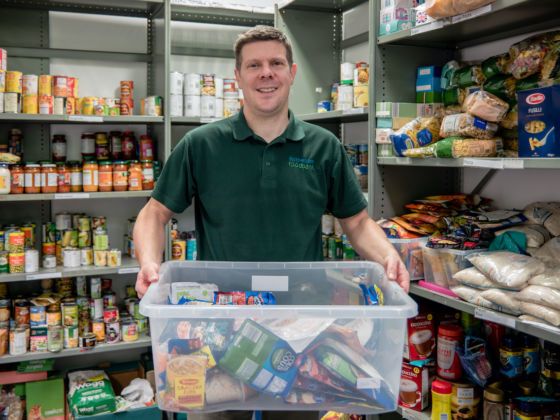As the COVID-19 pandemic unfolds, even the most stoic among us are feeling unsettled. Everyone has been affected by the virus, from small businesses and big chains to local musicians and the elderly. But amid the chaos, people around the world are pulling together for support with online groups and donations — reminding us the best way to prepare is by helping one another.
As well as soothing anxieties, these grassroots responses to the crisis are strengthening communities and ensuring the most vulnerable are cared for when physically showing up for one another isn’t an option.
You can help those around you by social distancing, but beyond that, here are some more ways to help your community combat COVID-19.
